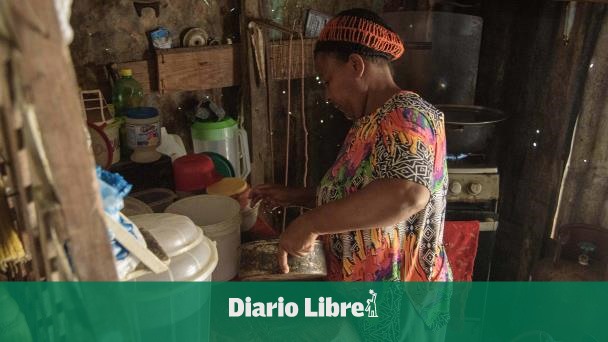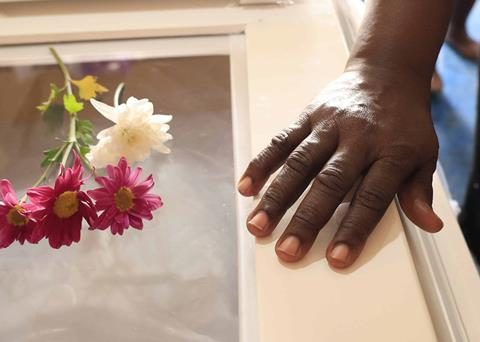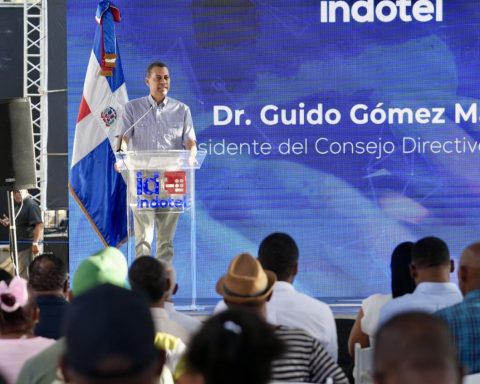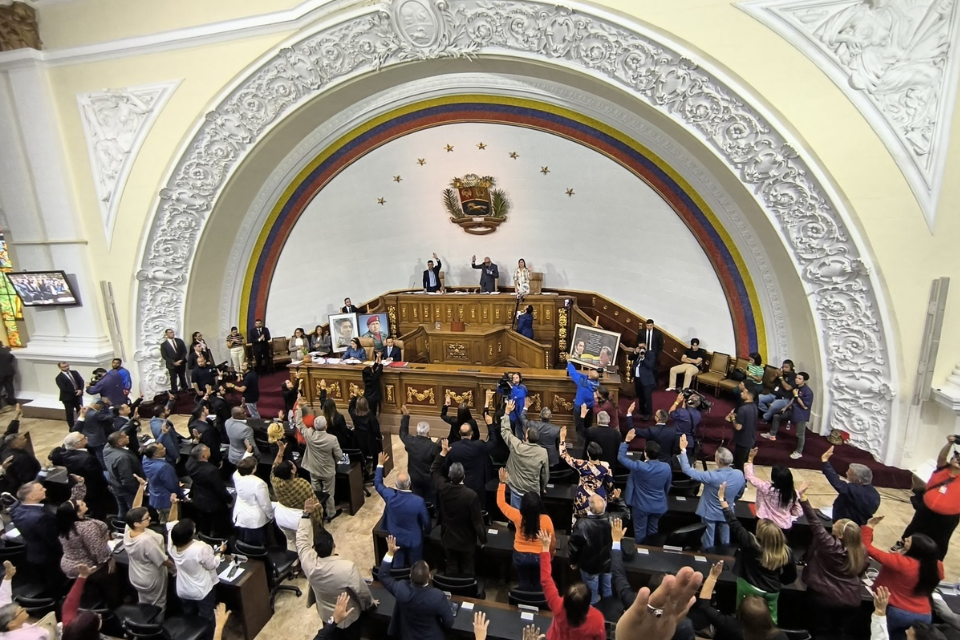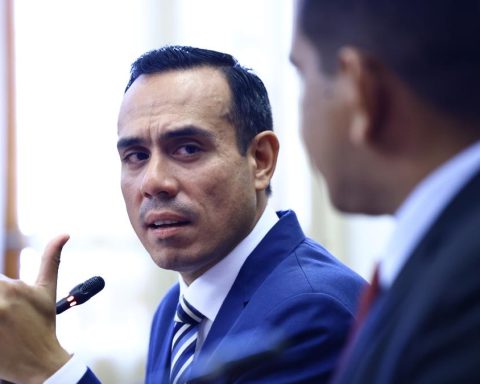He Program of Nations United for Development (UNDP) in Dominican Republic warned this Thursday that, despite the progress made, the gaps of inequality territorial persist, so it is necessary “reimagine” new strategies of eradication of the poverty from a multidimensional perspective and not only in terms of income.
In a text published on the occasion of the Day International for the Eradication of Poverty which is celebrated this Thursday, the resident representative of the UNDP in Dominican RepublicAna María Díaz, affirms that “advances in human development are irrefutable”, but “structural inequalities persist that limit progress, especially in the most lagging territories of the country.”
According to data from the Platform Territorial of Human Development of the Dominican Republic According to this agency, in 2022 around 13 out of every 100 Dominicans lived in multidimensionally poor households (index measuring the poverty which includes deprivations beyond income), a positive difference of 19 points compared to 2010, when 32% were considered multidimensionally poor.
“While this denotes the progress achieved, the gaps of inequality Persistent territorial problems have caused the country to lose 22% of its human development potential over thirteen years (2010-2022). This calls us to action,” the document adds.
Hence it highlights the importance of “reimagine continually new strategies of eradication of the povertynot only from an income perspective, but also from a multidimensional perspective”, taking into account, for example, the lack of opportunities and services that allow people to develop their maximum potential.
The text advocates promoting policies public innovative and evidence-based, that contribute to building a more equitable society with greater well-being for all, in view of which the UNDP He assures that he is committed to continuing to support the country with concrete actions.
“Today,” he adds, “the poverty continues to be one of the largest challenges and continuing to address this issue comprehensively is critical to continuing to build a more inclusive, equitable and sustainable future.”
For Díaz, the Index of Poverty Multidimensional, tool developed by UNDP and the Initiative Poverty and Human Development at Oxford, can serve in Dominican Republic to adapt the policies to the realities of each territory.
The analysis of this index, he details, can contribute to identifying and implementing policies that encourage productivity in the most lagging areas, know and differentially address the needs of women and design strategies to strengthen local capacities to manage disasters and promote sustainable livelihoods, especially in the most vulnerable regions, among others.
According to the Dominican Ministry of Economy, Planning and Development, the poverty Monetary deficit (deficit with respect to the amount of resources considered necessary to acquire a minimum food basket and cover other essential needs) fell 4.45 percentage points in the country in the second quarter of this year compared to the same period in 2023, to stand at 19%.
